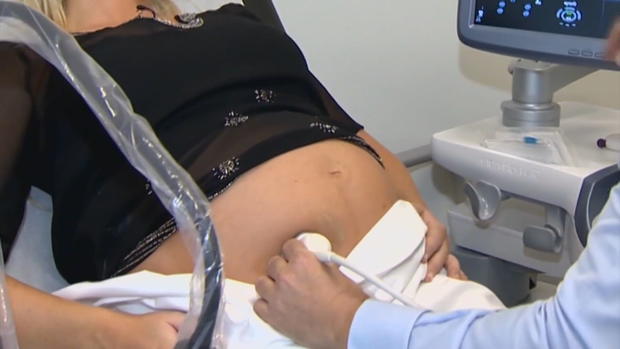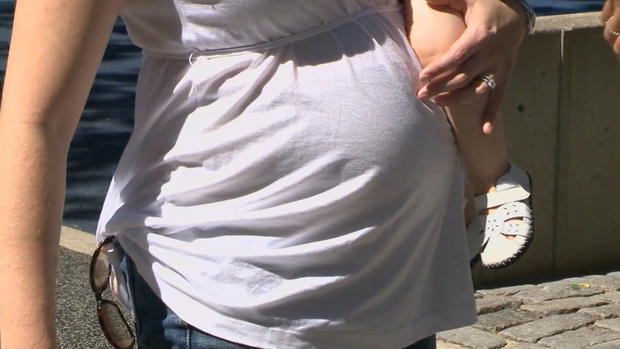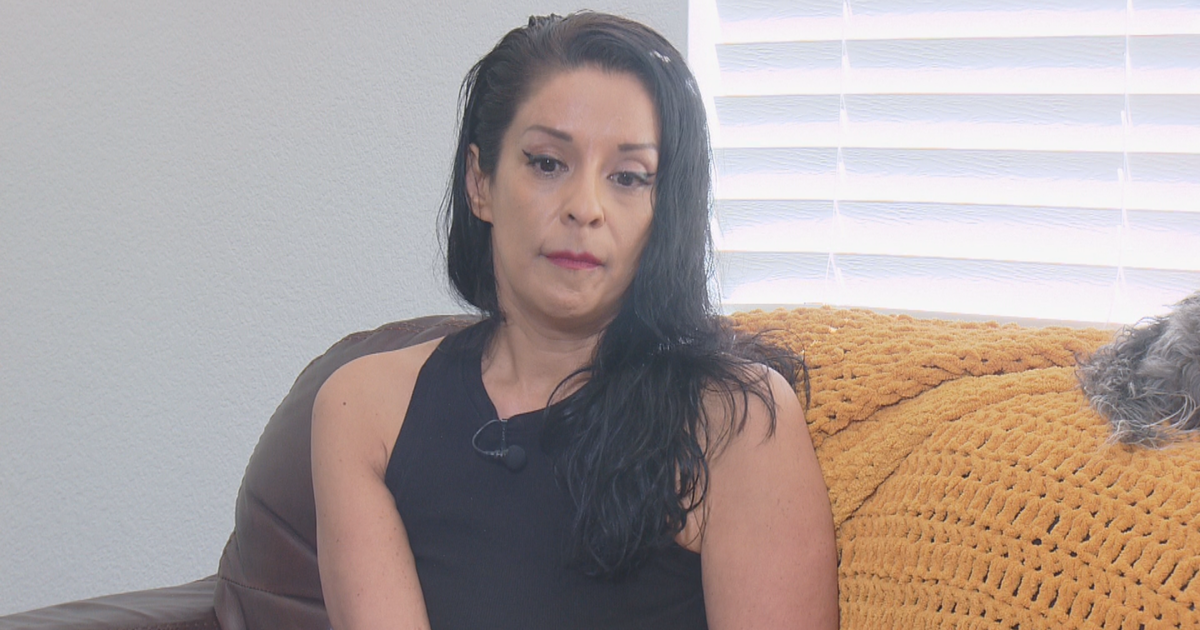Unvaccinated Pregnant Women Experiencing Concerning Complications
DENVER (CBS4) - Doctors at one of Colorado's most skilled neonatal intensive care units is urging pregnant women to get vaccinated against COVID-19 to protect themselves, their babies, and others as rare incidents have caused concern.
"We are so worried about our pregnant patients and the degree of severe illness that we can see," said Dr. Bronwen Kahn, Maternal Fetal Medicine specialist at Presbyterian St. Luke's Medical Center and Obstetrix Medical Group of Colorado. "When women become ill with COVID, after about 24 to 26 weeks, there is a higher risk for pregnancy complications."
The labor and delivery unit at Presbyterian St. Luke's handles some of the most severe and rare cases of prenatal complication in the region. Many women are flown to Denver from surrounding communities for treatment.
Since the beginning of the pandemic, doctors have seen issues with preeclampsia in pregnant women who contract the coronavirus. It's estimated between 10% and 15% of pregnant women who get COVID become severely ill.
Recently, Kahn and her team have noticed a few cases causing even more concern.
"It seems to crop up in women who have relatively mild COVID illness from a maternal perspective, but have more significant placental disease or placental dysfunction. What they report is decreased fetal movement. When they arrived to the hospital, we find that their babies are in trouble and looking quite hypoxic, looking quite ill, and that their lab values show a really unusual set of changes in their coagulation system called DIC or disseminated intravascular coagulation," she said.
One commonality in these rare cases is they are happening to women who are unvaccinated. Kahn says about 30% of pregnant women nationwide are vaccinated.
"We now know also that 177,000 women have received the vaccination during pregnancy and during breastfeeding. There are no higher rates of miscarriage, of preterm birth after vaccination, of hypertensive disorders or other pregnancy complications, and we also have very good evidence at this point, that that vaccination doesn't alter our fertility," Kahn said.
The team at PSL is working to see if there are other rare cases of the issues they're seeing in the past, and doctors are now on alert as more sick women come in seeking treatment. The findings could soon be published as there are likely more similar cases around the country.
Kahn says she's just hoping these cases can serve as a warning for women, even late in their third trimester, will consider getting vaccinated.
"I will say that vaccination really helps immensely, and if there's one thing that we can offer during any woman's prenatal care that is most likely to save her life and that of her baby, it's to help her feel confident enough to proceed with vaccination and boosting. We are also strongly encouraging boosters. So, if you are six months out from Pfizer or Moderna vaccination or two months out from J&J, then we encourage vaccination with any of the others mix and match is now considered acceptable," she said.





